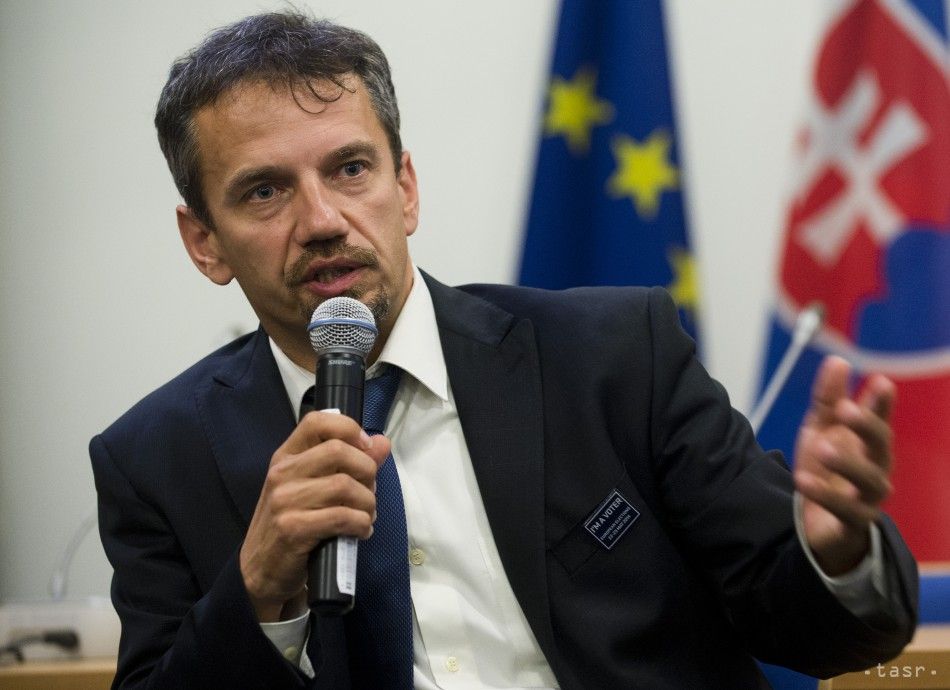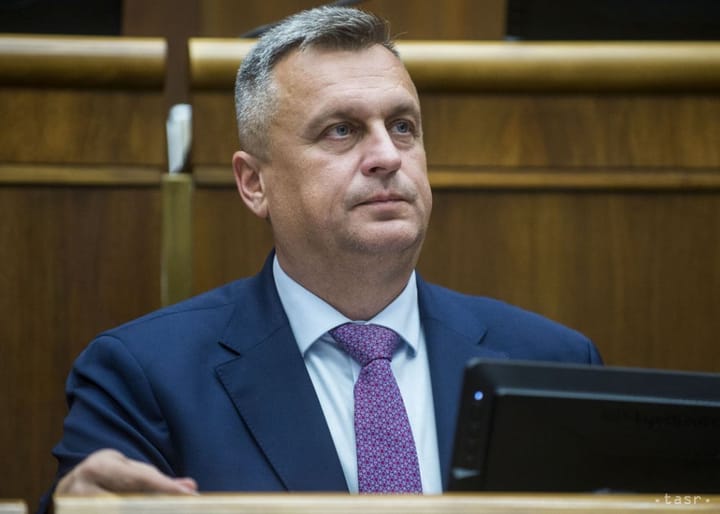Hajsel: Need for Changes in Labour and Social Law Stems from CoFoE Conclusions

Bratislava/Brussels, May 24 (TASR) – In line with the recommendations of the Conference on the Future of Europe (CoFoE), the European Commission should submit legislative proposals in the areas of labour and social law, the right to an adequate income and adequate housing and chiefly the rights of children and youth, Slovak MEP Robert Hajsel has told TASR in an interview.
“Potential reinforcing of the EU’s military and defence capabilities and streamlining of the common foreign policy are also possible,” said Hajsel.
“As a social democrat, I have been doing my best in the long term to transform people’s desire to strengthen social rights and improve the quality of their life in the adopted legislation as much as possible. The point is that we should enact what people want, for example strengthening of children’s rights, adequate salaries or adequate minimum income, into binding documents,” stressed the Slovak MEP.
“The recent rise in energy prices and chiefly the war in Ukraine showed not only the importance of diversifying energy sources and supporting deployment of renewable energy sources, or the need to build autonomous EU defence capabilities, but also the need to fight energy and food poverty,” stated Hajsel.
Concerning the CoFoE’s recommendations, Hajsel noted that it is a “set of recommendations from citizens, NGOs or trade unions, which we in the European Parliament and chiefly member states’ representatives in the Council of the EU will address now”. However, a change in the EU’s direction or an improvement in the quality of life of member states’ citizens are only possible if politicians will have the courage to make more radical changes, said Hajsel.
“Only now will it become clear whether there’s a real will to change and move things forward, or whether the whole Conference on the Future of Europe was just a waste of time and money,” said the MEP.
One of disadvantages of the CoFoE, which officially ended on May 9, was the fact that it was limited in time, “which also limited the depth in which it was possible to go,” said Hajsel.



